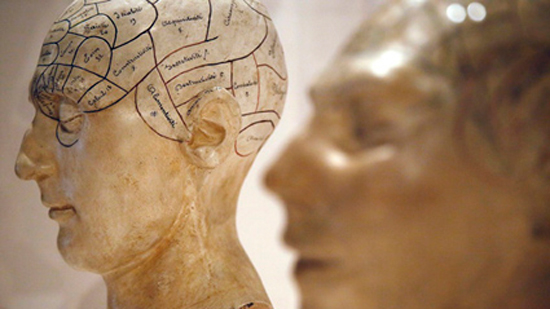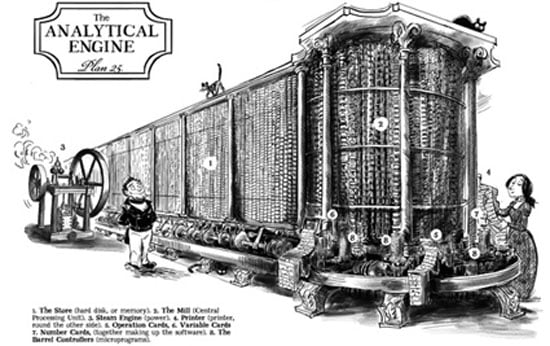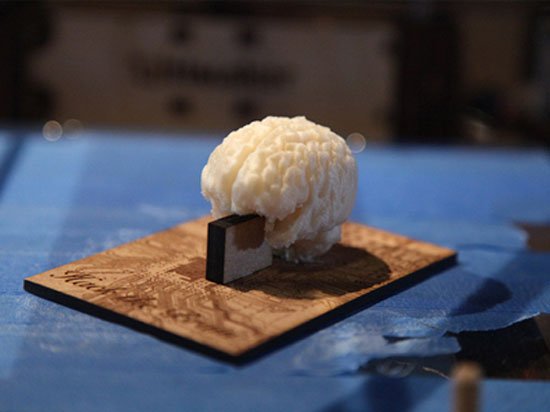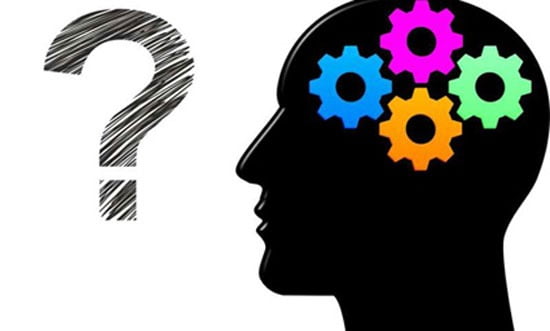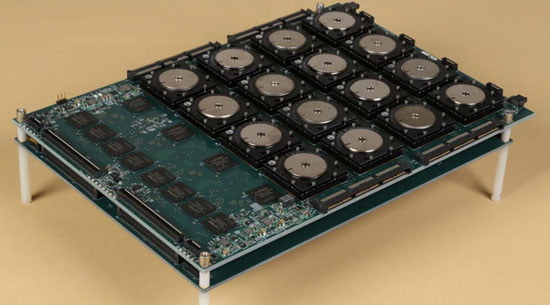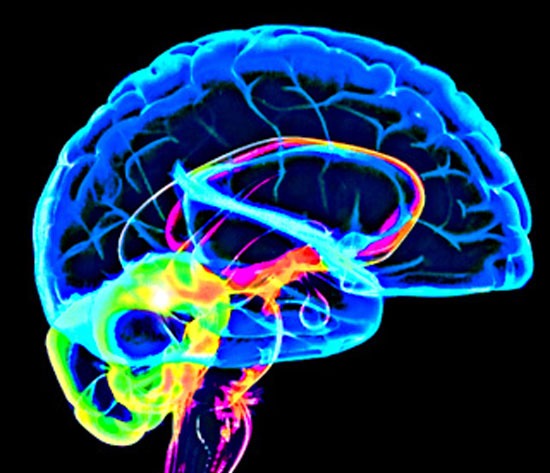4 years ago (June 2015, cyborg #3) we asked whether consciousness and memory are techno-scientific objects. The answer is “yes” – not strange at all. Meanwhile, the social (and political) …
What did you say?
Does language have socio-political dimensions? Even when we are dealing with technical terms of a science? From the perspective of contemporary linguistics of structuralist inspiration, such questions seem non-sensical. What …
Minibrains
A favorite theme of science fiction (the entire The Matrix franchise is based on it) as well as discussions among “philosophers of mind”: what would happen if a brain could …
not only artificial intelligence… but also artificial anoia
Every day starts the same way. He has to check a series of sites, follow the latest news, and completely immerse himself in what he himself calls “the flow of …
script and language management technologies
Gregorian calendar omissions 1789, 1871, 1917. Milestone points in the political history of Europe marked by three numbers. Three numbers that automatically refer to and are now identified with a …
Αway from bad thoughts!
While some researchers are looking for what will, after all, eventually allow techno-science to help those taking exams to “remember all the material” (p. 56), others want to provide social …
Electric memories
A group of researchers from the University of Southern California and the Wake Forest School of Medicine announced that they experimentally confirmed the positive contribution of electrode implantation in the …
Smart machines, foolish users
A recent study revealed that the average smartphone user checks the device about 150 times a day. Over time, this translates into a waste of 7 years spent in front …
social neuroscience: pills for socially sensitive at opportunity cost
the brain: the new big trick The engagement, to an obsessive degree, with the human (and not only) genome within technoscientific laboratories around the world is rather well known. And …
Think.
«The program’s goal is to develop a brain-inspired bio-chip that will mimic the function, size, power and energy consumption of a biological cerebral cortex. If successful, the program will lay …
Remember, or not
Why does the way we remember (like all living beings, after all) draw so much attention from scientists? If you ask them and they bother to answer, you’ll get a …
At a glance
Would it ever cross your mind that something as commonplace as “I’m looking for my keys—where the hell did I leave them?” could become the subject of “scientific research”? No. …

